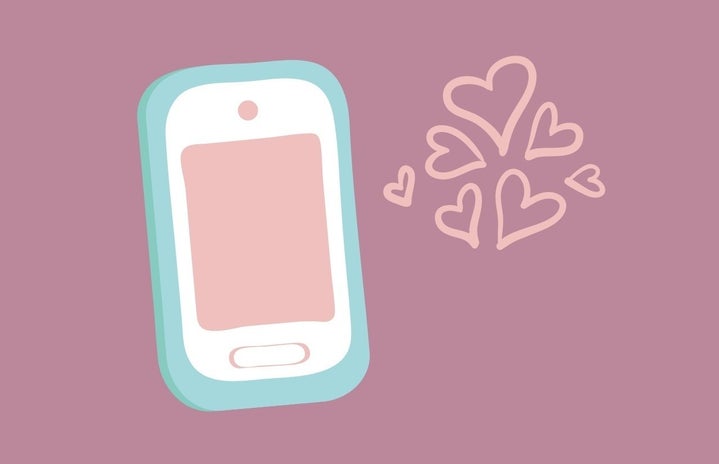Online dating usage has skyrocketed thanks to COVID-19 and increased time on one’s hands during quarantine, but they may not be as effective or successful as expected. As with any social media platform, algorithms are carefully and meticulously employed to find the solution to a problem. In the case of dating apps like Tinder, Bumble, and OkCupid algorithms are necessary to solve the so-called “problem” of singleness that is continually perpetuated by society. Interestingly enough, the algorithmic methodology is not to blame for never going on a second date, rather a common psychological flaw. In other words, it is relatively impossible for humans to have “a type” because it is very psychologically difficult for humans to know what they want. Essentially when someone signs up for a dating app and selects attributes that they are attracted to in another person, what this person is really doing is projecting their ideal selves onto a screen. It can be tricky because the human brain would like to think it has free will and can make decisions for itself; but in reality, the decision-making process is a product of a concoction of cognitive biases and distortions. Sadly, internet algorithms are much more effective at retrieving logical solutions because they are not subject to the powerful skew of emotion like cognitive algorithms in the human brain are. This is not to say that dating apps are entirely useless; however, humans are the most complex breathing-organism and adding internet dating into the equation just makes things that much more confusing. As much as someone would like to think they know the intentions of others, psychology begs to differ. Dating is literally just a series of emotional hypotheses that are tested and evaluated as either successes or failures through a somewhat-gruesome trial and error process. Another factor that comes into play especially in the context of online dating is what’s called the fundamental attribution error. This is a fancy way of saying that humans overemphasize people’s personality traits and underemphasize situational influences when evaluating another’s behavior. Dating apps and all social media sites for that matter make it scarily easy to fabricate both external appearances and internal dispositions. Not to mention online dating makes the human brain even more susceptible to counterfactual thinking. This occurs when erroneous judgements are made based off of ambiguous stimuli and are then processed as causal attributions in the brain. When swiping left or right on dating modalities, it fosters making snap judgements based solely off of a picture of oneself and miniscule biography. When users do this, they are extremely likely to adopt a consumer mentality toward dating, meaning they view potential partners as products rather than people. Over time if this mentality sticks around, dating will become about exchanging goods and services for personal use instead of romantic collaboration and companionship. When undergraduate students were surveyed about their tinder use in a 2020 statistical report, 70% of college students disclosed they have never actually met up with their matches and 46% of that sample reported using Tinder for a much-needed self-esteem boost (Iqbal, 2020). Dating may be more accessible now than ever before, but at what cost?



